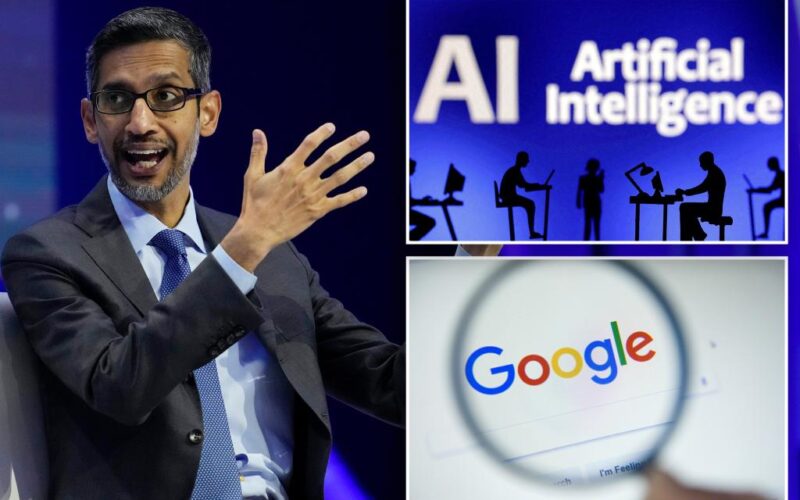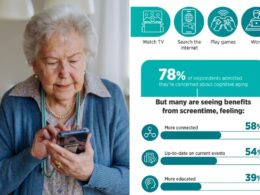Google privately told a federal court that “the open web is already in rapid decline,” a sharp reversal from its public claims that search traffic is booming — and a stunning admission as the Justice Department pushes to dismantle its ad tech empire.
The disclosure surfaced in a filing last week in the government’s ongoing antitrust case against Google, according to court documents flagged by Search Engine Roundtable and industry analyst Jason Kint.
For months, Google executives have insisted that the web is “thriving” and that its AI-powered search tools are sending traffic to more publishers than ever.
But inside the courtroom, the company painted a different picture, arguing that a forced divestiture of its advertising business would “only accelerate” the collapse of the open web and “harm publishers who currently rely on open-web display advertising revenue.”
The Justice Department is seeking remedies that could include breaking up Google’s advertising technology unit, which dominates the market for digital ads.
Prosecutors argue the company’s stranglehold on ad buying and selling has crushed competition and squeezed publishers.
Google, in its filing, said market forces — not regulators — are reshaping the industry, pointing to AI, connected TV and retail media as areas where advertisers are flocking.
“The fact is that today, the open web is already in rapid decline and Plaintiffs’ divestiture proposal would only accelerate that decline,” Google wrote.
“As the law makes clear, the last thing a court should do is intervene to reshape an industry that is already in the midst of being reshaped by market forces.”
The filing appeared to be at odds with recent reassurances from top Google brass.
In May, CEO Sundar Pichai told Decoder that the company is “definitely sending traffic to a wider range of sources and publishers” since rolling out AI search tools.
Nick Fox, Google’s senior vice president of knowledge, echoed that view on the “AI Inside” podcast, saying “from our point of view, the web is thriving.”
Just last month, Google Search head Liz Reid cited internal data showing that click volume remained “relatively stable” compared with 2024, even as Pew Research reported users were “less likely” to click links when presented with Google’s AI Overview feature.
After The Verge reported on the court admission, Google spokesperson Jackie Berté insisted the quote was being misinterpreted.
“It’s clear from the preceding sentence that we’re referring to ‘open-web display advertising’ and not the open web as a whole,” Berté told The Verge in an emailed statement.
“We are pointing out the obvious: that investments in non-open web display advertising like connected TV and retail media are growing at the expense of those in open-web display advertising.”
Still, the distinction does little to ease publisher concerns.
Independent outlets and digital media companies have long complained of traffic drops tied to Google’s algorithm tweaks and the rise of generative AI chatbots.
Many say users increasingly get answers directly from Google’s search results without clicking through to their sites.
Industry groups argue that Google is speaking out of both sides of its mouth: downplaying its dominance in court while projecting strength to advertisers and investors.
“Google can’t claim the web is thriving in public and collapsing in private,” Kint posted on X after the filing surfaced.
The filing comes as the DOJ presses its case for structural remedies against Google’s ad tech unit. A trial on remedies is set for later this year following the court’s earlier finding that Google illegally monopolized parts of the digital advertising market.
If the court orders a breakup, it would mark one of the most dramatic antitrust actions since the government’s case against Microsoft in the 1990s.
Last week, a federal judge ruled that Google will not be forced to sell its Chrome browser or Android division, rejecting antitrust enforcers’ push to break up the company.
Instead, Google must end exclusive contracts that secure its default search engine status, share certain search data with competitors, and submit to six years of oversight.
The decision is viewed as a major win for Google, even as the court found it unlawfully maintained a monopoly in online search.








